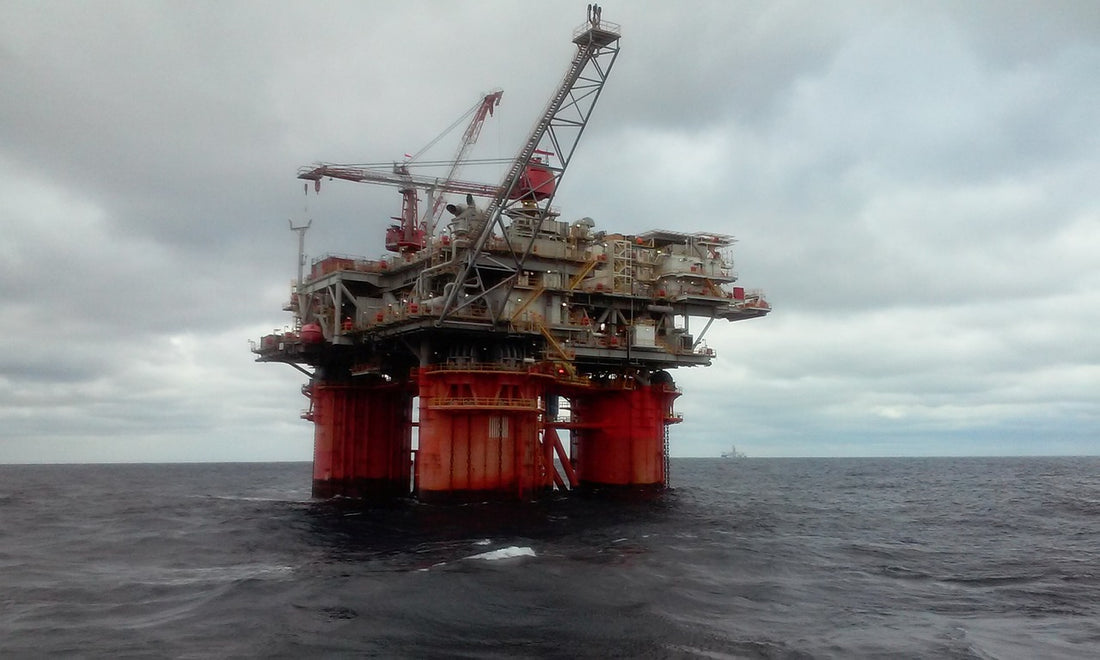
North Sea Oil Discovery: Transforming Scotland’s Economy
Share
The discovery of oil in the North Sea in the 1960s marked a pivotal moment in Scotland’s history, transforming its economy and global standing. This landmark event not only reshaped Scotland’s industrial landscape but also had significant political and economic ramifications. Understanding the North Sea oil discovery offers insight into Scotland’s modern economic development and its role in global energy markets.
Key Takeaways
-
Economic Transformation: The North Sea oil discovery led to significant economic growth and industrial development in Scotland.
-
Political Impact: The oil boom influenced discussions about Scottish autonomy and contributed to the establishment of the Scottish Parliament.
-
Industrial Legacy: The oil industry spurred advancements in technology and infrastructure, with lasting effects on Scotland’s economy.
-
Environmental Challenges: The industry faced and continues to address environmental concerns and the transition to renewable energy.
- Explore Further: Visit Aberdeen and related sites to gain a deeper understanding of the North Sea oil industry’s impact.
For a comprehensive exploration of Scotland’s heritage and modern attractions, consider downloading The Awesome Guide to Scotland, your ultimate digital companion for exploring Scotland’s rich history and culture.
The Discovery of North Sea Oil
The North Sea oil discovery began in earnest in the late 1960s, with the first significant find made in the Forties Field. This discovery was a result of extensive geological surveys and exploratory drilling conducted by British and international oil companies.
Key Events
-
1969: The discovery of the Forties Field by the oil company BP marked the beginning of Scotland’s oil boom.
-
1975: The first oil from the North Sea was pumped ashore, signaling the start of large-scale production.
-
1980s: The development of infrastructure, including pipelines and refineries, accelerated the growth of Scotland’s oil industry.
Significance
-
Economic Impact: The discovery led to substantial economic growth, providing Scotland with a significant source of revenue and employment opportunities.
- Political Implications: The oil boom influenced political discussions about Scotland’s autonomy and economic policies.
The Impact of North Sea Oil on Scotland
The North Sea oil discovery had a profound and multifaceted impact on Scotland:
Economic Growth
The oil industry created thousands of jobs and led to substantial investment in infrastructure and technology. Scotland experienced a period of economic prosperity, with increased government revenue and development in related industries.
Industrial Development
The oil boom spurred the growth of new industries, including oil extraction technology, shipbuilding, and engineering. Cities like Aberdeen became central hubs for the oil industry, attracting businesses and professionals from around the world.
Political and Social Change
The economic boost from oil revenues contributed to growing discussions about Scottish autonomy and devolution. The Scottish Parliament’s establishment in 1999 was partially influenced by the desire to have greater control over Scotland’s economic resources.
Environmental Considerations
The oil industry also brought environmental challenges, including the need for stringent regulations and management of potential spills and pollution. Efforts to balance economic benefits with environmental responsibility became a crucial aspect of the industry.
The Future of North Sea Oil Discovery
The North Sea oil industry continues to be a vital part of Scotland’s economy, though the industry has faced challenges such as fluctuating oil prices and the global shift towards renewable energy. The industry remains a significant contributor to Scotland’s energy sector and economic stability.
Ongoing Developments
-
Technological Advancements: Continuous improvements in drilling technology and offshore operations are essential for maintaining production efficiency and safety.
- Renewable Energy Transition: Scotland is also investing in renewable energy sources, such as wind and solar power, to complement its oil and gas industry and address environmental concerns.
Cultural Impact
The oil boom has left a lasting legacy on Scotland’s culture and identity, influencing everything from local economies to international relations. The experience of navigating the challenges and opportunities of the oil industry is an integral part of Scotland’s modern history.
Related Locations and Attractions
To explore the legacy of the North Sea oil discovery, consider visiting:
-
Aberdeen: Known as the “Oil Capital of Europe,” Aberdeen offers insights into the oil industry’s impact through museums and historical sites.
-
The Royal Aberdeen Golf Club: Located in an area influenced by the oil boom, this historic golf course offers a glimpse into the city’s affluent past.
- The Maritime Museum: Located in Aberdeen, this museum provides a comprehensive overview of the city’s maritime history, including the impact of the oil industry.
Enhance Your Scottish Adventure
To fully understand the North Sea oil discovery and its impact on Scotland, download The Awesome Guide to Scotland. This digital guide is your ultimate resource for exploring Scotland, offering authentic insights into the country’s culture, travel tips, and practical advice on transportation.
FAQ: North Sea Oil Discovery
1. When was North Sea oil first discovered?
The first significant discovery of North Sea oil was in 1969, with the Forties Field found by BP.
2. What impact did the North Sea oil discovery have on Scotland?
The discovery led to economic growth, job creation, industrial development, and political discussions about Scottish autonomy.
3. How has the North Sea oil industry evolved over time?
The industry has seen technological advancements, faced fluctuating oil prices, and is now transitioning towards renewable energy sources.
4. What are some key locations to visit related to the North Sea oil industry?
Aberdeen, known as the “Oil Capital of Europe,” and the Maritime Museum in Aberdeen are notable locations related to the oil industry.
5. How does the North Sea oil discovery influence Scotland today?
The industry continues to contribute to Scotland’s economy, while the country also invests in renewable energy and addresses environmental challenges.